Can the New French Left Govern?
After upsetting expectations, the four-party Nouveau Front Populaire needs to get serious. It can start by picking a leader.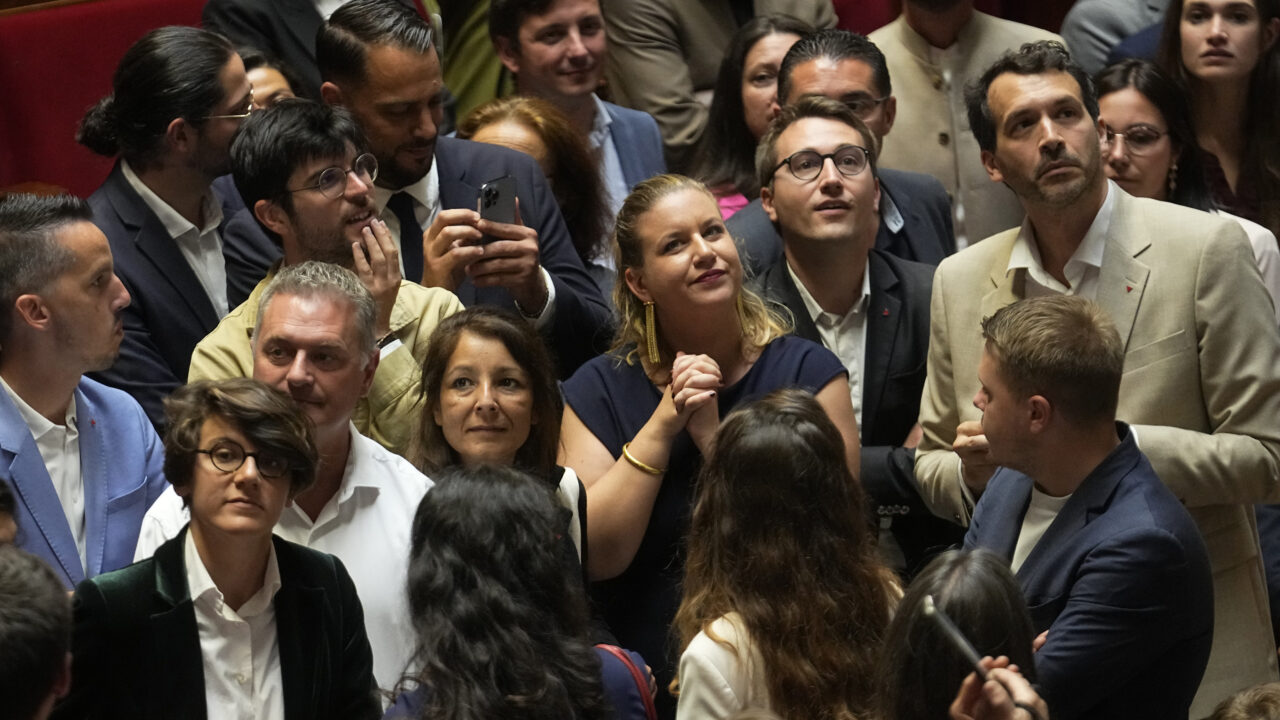 A group of parliament members of the far-left La France Insoumise party, with Mathilde Panot at center, visit the National Assembly in Paris on July 9, 2024. (AP Photo/Michel Euler)
A group of parliament members of the far-left La France Insoumise party, with Mathilde Panot at center, visit the National Assembly in Paris on July 9, 2024. (AP Photo/Michel Euler)
The French EU parliamentary election results of June 9 were a seismic shock: the far-right Rassemblement National won 31.3 percent of the vote, far ahead of Emmanuel Macron’s centrist party (14.6 percent) and the Socialists (13.8 percent). When the French president responded with a call for snap elections, it felt like a desperate gamble. It seemed inevitable at that point that the nationalist anti-immigrant party of Marine Le Pen would take control of the Assemblée Nationale and, possibly, force Macron to name 28-year-old Jordan Bardella as prime minister. This fear seemed justified when RN increased its vote share to 33.2 percent in the first round of parliamentary elections last Sunday.
The French, clearly disillusioned with Macron’s policies — from pension reform to immigration law — seemed to have found solace in Le Pen and Bardella’s rebranding and “de-demonization” of RN. Even the left was skeptical of its own chances. Socialist leader Olivier Faure candidly admitted, “We don’t believe in victory ourselves,” just two days before a second round of voting that saw the Socialists double their number of lawmakers.
And then came the election season’s second seismic shock: The Nouveau Front Populaire — a newly formed left alliance of the Socialists, the La France Insoumise, the Greens and the Communists — achieved the impossible by securing the most lawmakers in the Assemblée Nationale. They were united behind a policy platform hammered out in just four days that resonated with the French public: lowering the retirement age to 60, raising the minimum wage to 1,600 euros monthly and freezing the price of basic necessities, all funded partly by tax increases. This popular agenda struck a loud chord with millions of people struggling to get to the end of the month.
The Asemblée is in a state of paralysis, with no clear majority.
However, the NFP’s “victory” comes with several asterisks. Currently, the Asemblée is in a state of paralysis, with no clear majority. The left-wing NFP alliance won the most votes (182 seats), followed by Macron’s coalition (162) and RN and its conservative allies (143). Though common in other European democracies like Spain, Germany and Italy, this deadlock is unprecedented in France. If not handled well, it could fuel RN’s momentum for the 2027 presidential election.
RN’s gains should not be overlooked. It emerged with several more seats than in 2020 (126 compared to 88 before the dissolution) and its continued rise seems likely, especially if the left fails to govern effectively. Many French citizens, struggling financially and feeling disenfranchised and alienated by urban cultural values, have been drawn to the RN, which remains well positioned to exploit this unease to its advantage.
The left and the yet-to-be-formed majority in the Assemblée have a unique opportunity to address fundamental issues such as access to healthcare, education, public services, climate fairness and inequality, against a backdrop of global challenges ranging from the genocide in Gaza to the war in Ukraine, in order to prevent RN from monopolizing the support of those who feel disenfranchised.
The Nouveau Front Populaire has a number of opportunities to chart a new course by engaging the public and rebuilding trust. For example, Macron’s frequent use of the 49.3 procedure — an amendment in the French constitution allowing the executive to bypass a vote in Parliament — has left the public feeling frustrated and unheard. The French want to be engaged more frequently than just once every five years. The left must incorporate more referendums into their manifesto to engage the voices of the French and implement progressive tax reform targeting billionaires like Bernard Arnault, while fiercely encouraging other democracies globally to follow or be threatened with sanctions. Financing their progressive social agenda will be a challenge, especially against the backdrop of France’s crippling debt, which has climbed to more than 110 percent of economic output. It is time to be bold.
An immediate task for the left is to quickly identify and propose a candidate from the NFP as prime minister — something that should have been done last week. Macron is currently trying to buy time and take control of the situation by insisting that “no one won” the parliamentary elections. The left must stop internal bickering, take charge and unify behind a leader like Raphaël Glucksmann.
While the far right is no longer poised to seize the premiership, no single bloc can govern alone. The biggest threat to the left is a potential alliance between Macron and the conservative Les Républicans party, which would give them more voices in Parliament than the left currently holds, though still short of a majority.
The left must stop internal bickering, take charge and unify behind a leader like Raphaël Glucksmann.
It is widely believed that the Élysée is trying to form an alliance with the right by considering Interior Minister Gérald Darmanin as prime minister. Darmanin, who also recently claimed “nobody won” the elections, has stated it is “out of the question” to govern with LFI. Former prime minister Édouard Philippe has also called for “a technical agreement” spanning from LR to Renaissance, with a right-wing prime minister.
Green party leader Marine Tondelier criticized the presidential camp for denying the election outcome, accusing them of inventing a story to avoid admitting defeat. “Institutional logic would have dictated that he pick up the phone and call the NFP party leaders to ask them for the name of a prime minister,” she argued.
The Nouveau Front Populaire’s unexpected rise to prominence offers a glimmer of hope for those disillusioned with the current system. But the political landscape in Paris is set for a long and uncertain game.
Your support is crucial…With an uncertain future and a new administration casting doubt on press freedoms, the danger is clear: The truth is at risk.
Now is the time to give. Your tax-deductible support allows us to dig deeper, delivering fearless investigative reporting and analysis that exposes what’s really happening — without compromise.
Stand with our courageous journalists. Donate today to protect a free press, uphold democracy and unearth untold stories.
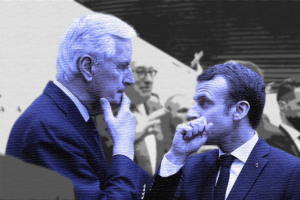

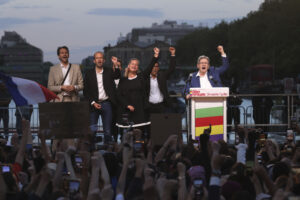

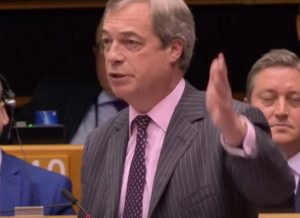
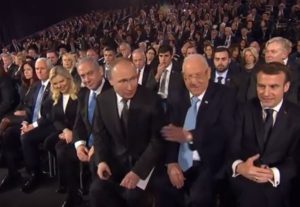
You need to be a supporter to comment.
There are currently no responses to this article.
Be the first to respond.